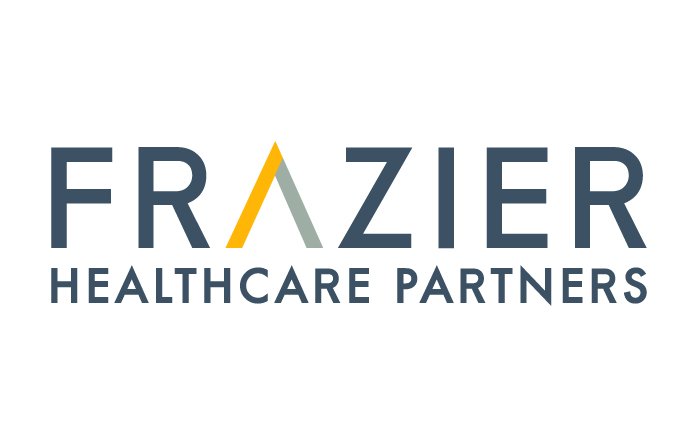By Kelly Gonzalez, Education Specialist
People don’t “fake” depression – they fake being okay.
As an educational speaker in the bleeding disorders community, anyone who has heard me present knows my family has had more than its fair share of health crises and stressful situations. It’s not surprising I have suffered and occasionally still suffer from bouts of situational depression. It took many years of enduring anxiety and internal struggles to discover what I experienced is a normal, often expected, response to high levels of stress.
After years of fighting to pretend I was okay in situations where no typical person should expect to be okay, I learned that mental health transparency was a myth. Although it’s getting better, there are not very many places or resources where people can openly speak about mental health without fear of being labeled or ignored. This revelation happened after what I refer to as my “Breakdown of 2016.”
That year several traumatic incidents took place and accumulated, causing me to experience what I believe was a breakdown. The series of taxing situations left me feeling shaken and psychologically out of sorts. Fortunately, a very compassionate friend and Hemophilia Treatment Center Nevada provider, Amber Federizo, sat me down and did not allow me to brush things aside. She explained she thought I had Situational Depression or Post Traumatic Stress Disorder (PTSD) and encouraged me to see a mental health professional. She validated to me that the emotional highs and lows, along with the anxiety and frustration, was totally normal for anyone who had been through what I had, and who faced the same issues. She let me know I had NOTHING of which to be ashamed. Amber immediately called in a referral for me to see a professional mental health provider.
Especially with overlapping medical conditions, a health crisis can cause a person to feel much more stressed and intensely worn out. I was suffering from a significant bout of what my doctor confirmed as Situational Depression, also referred to as Adjustment Disorder.
Situational Depression happens when a person feels a more exaggerated emotional response within a few months of a particularly stressful situation. As an example, many people in the bleeding disorder community have related to me they have felt especially down or despondent following the diagnosis of a bleeding disorder in their baby, an especially difficult or traumatic bleeding episode, or of learning of a health deterioration or additional condition.
The symptoms are similar to standard depression but are specifically related to a stressful incident or cause of stress. As I did more research, I realized this was exactly what I was going through.
The following from verywellmind.com provides a list of situational depression symptoms:
Feelings of low mood and sadness
Frequent bouts of crying
Hopelessness
Poor concentration
Lack of motivation
Loss of pleasure
Withdrawing from normal activities
Loneliness or social isolation
Thoughts of suicide
Situational depression affects men and women equally and will last until either what is causing the stress no longer exists, or you’ve learned to adjust to it—typically about 6 months.
Unfortunately it is not something many people know about or discuss openly. They may find themselves struggling to identify their emotional response or might be embarrassed or worried about the stigma attached to their feelings.
In the year 2022, I am surprised people still feel embarrassed when experiencing bouts of depression. People we know, care about, and see daily may be suffering, but they put on a brave face and keep it to themselves. How many of those closest to us have turned to us for guidance, support, or acceptance? Whether it can be contributed to social, cultural, or individual family values, many are convinced that it is not okay to show you’re struggling. We have convinced ourselves that opening up and conversing about negative emotions or depression is taboo and should be kept to ourselves.
There are not many things I can say with total and complete confidence, but I will say this—depression is NOT a dirty word. You are NOT alone. It is okay to not be okay, but it is not okay to stay silent (for long).
To those who think mental health struggles are something to be ashamed of, YOU ARE WRONG. Taking charge of your mental health by speaking up, pursuing healthy outlets, seeking professional help, or even medical intervention is beyond brave—it’s a strong step toward remedying the emotional challenges one may face.
If you are intimidated by the judgment of others for seeking mental health help, please know, undoubtedly, those people are wrong. You are strong enough to confront your mental health challenge and intelligent enough to find reinforcements and get help.
This conversation NEEDS to happen. So, let’s have it—mental health transparency. If you are not okay, speak up; do not feel embarrassed or too unimportant to seek help. Honor yourself for bravely facing the scary. Be pleased with yourself for setting an example of self-love and mental health awareness. Be proud of yourself because you are courageous!
Wishing you much love and light!
Reference:
Schimelpfening, Nancy, and Dr. Daniel B. Block. “Understanding the Difference between Situational and Major Depression.” Verywell Mind, 22 Mar. 2020, www.verywellmind.com/what-is-situational-depression-1067310.
About the Author:
Kelly Lynn Gonzalez, BioMatrix
Senior Education Specialist and Regional Care Coordinator
Kelly is a patient, parent of patients and spouse in the rare disease community. Having personal experience with bleeding disorders, autoimmune disease, primary immunodeficiency disease, epilepsy and cancer, Kelly’s extensive experience is colored by three decades of managing chronic health conditions. She draws on both her personal journey and professional expertise to educate, inspire, and empower those she serves. She channels a sincere passion for helping others facing chronic illness with previous experience as a teacher to lead and serve the bleeding disorders community. Kelly holds an MBA and MA in Education.
Stay informed on the latest trends in healthcare and specialty pharmacy.
Sign up for our monthly e-newsletter, BioMatrix Abstract.
By giving us your contact information and signing up to receive this content, you'll also be receiving marketing materials by email. You can unsubscribe at any time. We value your privacy. Our mailing list is private and will never be sold or shared with a third party. Review our Privacy Policy here.





